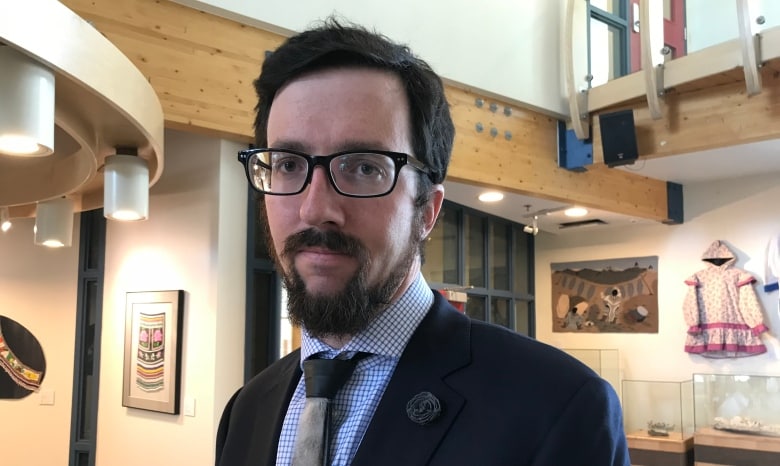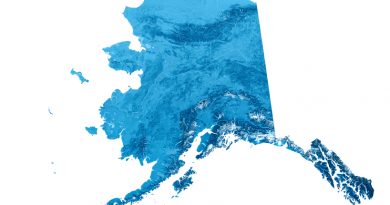Nurses in Arctic Canadian village ‘exhausted’ by flu season and staff shortage, patient says

Patients in Arviat, Nunavut (Canadian east-Arctic), say nurses in the community are overworked and overwhelmed as they deal with a particularly brutal flu season in the midst of a nursing shortage.
“The nurses are exhausted,” said Winnie Malla, a resident of Arviat, in Inuktitut. “Sometimes even when we go there we are not seen. The nurse on call is up all night and is exhausted during the day. It is a terrible flu season.”
In December, Nunavut’s Health Department issued a health advisory about a stomach illness circulating in the territory. That illness is still affecting people in Arviat and it is taking a toll, Malla said.
“We need more nurses,” said Malla. “Maybe Inuit need to learn to become nurses? I am not sure why we are short of nurses. We are supposed to have seven, but there are only three of them.”
It’s not clear exactly how long these issues have been going on in Arviat, but lately the health centre has been running on “reduced services.” That means the facility was open during its usual hours but there were fewer clinics and available appointments.
During that time, only four of its seven full-time positions were filled.
Beginning Monday, three more community health workers will be brought in to fill out the roster, said Sarah Paterson, a spokeswoman for the Health Department, in an email.
There have been 30 confirmed cases of the flu in Nunavut this latest flu season, she said.
Paterson noted Arviat’s health centre had been on reduced services “longer than usual” but normal services are set to resume on Monday.
“In flu season, it is important that we adequately staff health centres and also ensure the nurses have adequate rest periods,” she said. “We are working diligently to improve staffing levels across the territory to minimize service interruptions.”
Nursing shortage affects everyone, says MLA

Arviat-Whale Cove MLA John Main has also noticed the nursing shortage and its effect on patients and staff in the community.
“It’s frustrating for people who live here and access health services, it’s frustrating for all the existing health employees, it’s frustrating for everybody involved,” he said.
“It’s not something that can be allowed to continue in the long term if we’re going to have a healthy population,” he said.
Understaffed hospitals and health centres have been a chronic issue in Nunavut for years. The problem has been acknowledged as an issue by the territorial government and was noted by Canada’s auditor general in a 2017 report on health care in Nunavut.
“It’s a self-fulfilling prophecy where you’re overworked and have high levels of stress in the workplace and that contributes to turnover,” Main said.
He suggests more can be done at both the territory and community levels to better retain nurses in Nunavut.
“If we can ever make headway in terms of recruiting in getting more nurses and health-care professionals into places like Arviat then it should, in theory, become easier to hire staff as the working environment improves,” he said.
“If we can turn that corner, things can be better in the future.”
Related stories from around the North:
Canada: Canadian Inuit organization releases strategy to eliminate TB by 2030, Radio Canada International
Finland: Doctor shortage in South, patient shortage in North during Finland’s summer, Yle News
Sweden: Social Democrats lose Arctic stronghold over healthcare in Sweden’s regional elections, Radio Sweden
United States: Alaska’s state-run psychiatric hospital unsafe for workers, report concludes, Alaska Public Media



